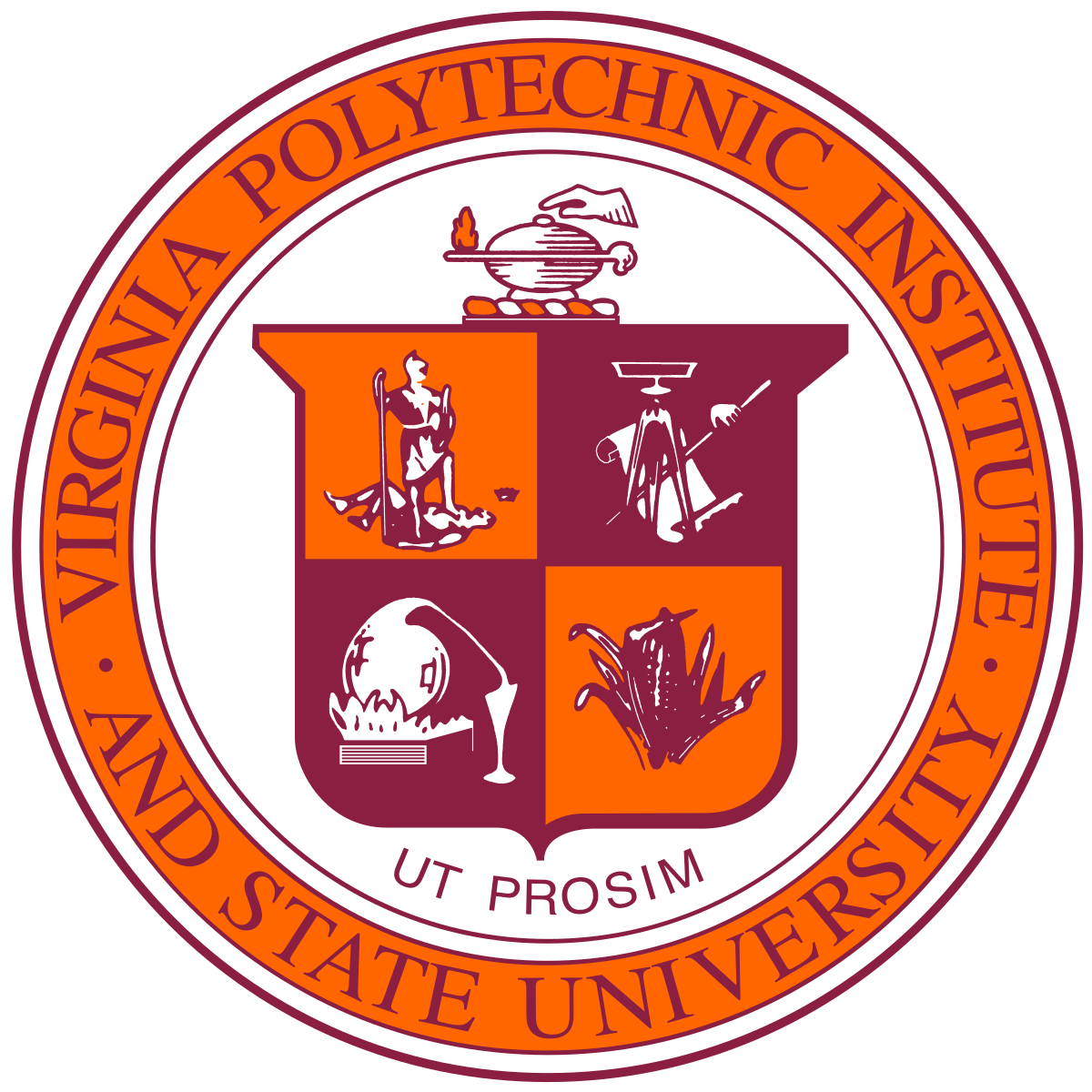Education
Articles in this category

Winter Park, Florida
Winter Park, Florida, a charming city in Orange County, was established in the late 19th century as a meticulously planned resort community for wealthy northerners. Its significant development truly began in 1881 when visionaries Loring Chase and Oliver E. Chapman acquired land and strategically laid out the town, promoting it as an id...

Seminole County Public Schools
Here's a comprehensive summary of the Seminole County Public Schools Wikipedia article:
Seminole County Public Schools (SCPS) is a prominent public school district covering Seminole County, Florida, which served over 66,000 students as of September 2006. The district operates an...

Lake Howell High School
Lake Howell High School, a comprehensive four-year institution in Central Florida's Seminole County, holds a notable place in local history. Its first principal, Richard L. Evans, was a trailblazer, becoming the first African-American principal in Seminole County since schools integrated in the late 19...
SAT
The SAT is a standardized test widely used for college admissions in the United States, first introduced in 1926. Owned by the College Board, it has undergone numerous name and scoring changes throughout its history, and until June 2021, included optional subject-specific tests. Design...
University College London
UCL (University College London), a leading public research university, was founded in 1826 as London University, inspired by Jeremy Bentham's radical ideas. It was revolutionary for its time, becoming England's first entirely secular university institution to admit students regardless of their religion...

Virginia Tech
Virginia Tech (VT), officially Virginia Polytechnic Institute and State University, is a prominent public land-grant and R1 research university in Blacksburg, Virginia, founded in 1872 as the Virginia Agricultural and Mechanical College. It also serves as a senior military college, and its athletic teams, the Hokies, c...

School
A school is an educational institution designed to provide structured learning environments for students, typically under the direction of teachers, forming the backbone of formal education systems in most countries. Students usually progress through a series of schools, from primary for young children to secondary for teenage...
Educational research
Educational research systematically collects and analyzes evidence and data to understand various aspects of education, including student learning, teaching methods, and classroom dynamics, often drawing insights from disciplines like psychology and sociology. While researchers emphasize its rigorous and systematic nature, disagreement...
Poisonous pedagogy
Poisonous pedagogy, or black pedagogy (from German schwarze Pädagogik), refers to traditional child-raising methods now considered repressive and harmful, encompassing manipulative or violent behaviors, including extreme corporal punishment. The concept was introduced by Katharina ...
Social learning theory
Social learning theory explains how individuals acquire new behaviors, attitudes, and emotional reactions by observing and imitating others, emphasizing that learning is a cognitive process occurring within a social context through observation and vicarious reinforcement. This theory, widely associated with Albert Bandura, notably expa...
Experiential learning
Experiential learning (ExL) is a dynamic educational approach defined as "learning through reflection on doing," actively involving individuals in experiences rather than passive reception of information. While the core idea of learning by doing was noted by Aristotle around 350 BC, th...
Educational assessment
Educational assessment is a systematic process of collecting and using empirical data on students' knowledge, skills, and attitudes to improve learning and refine educational programs. This continuous evaluation, a concept that gained prominence after World War II, assesses student accomplishments and can be applied at various levels, ...